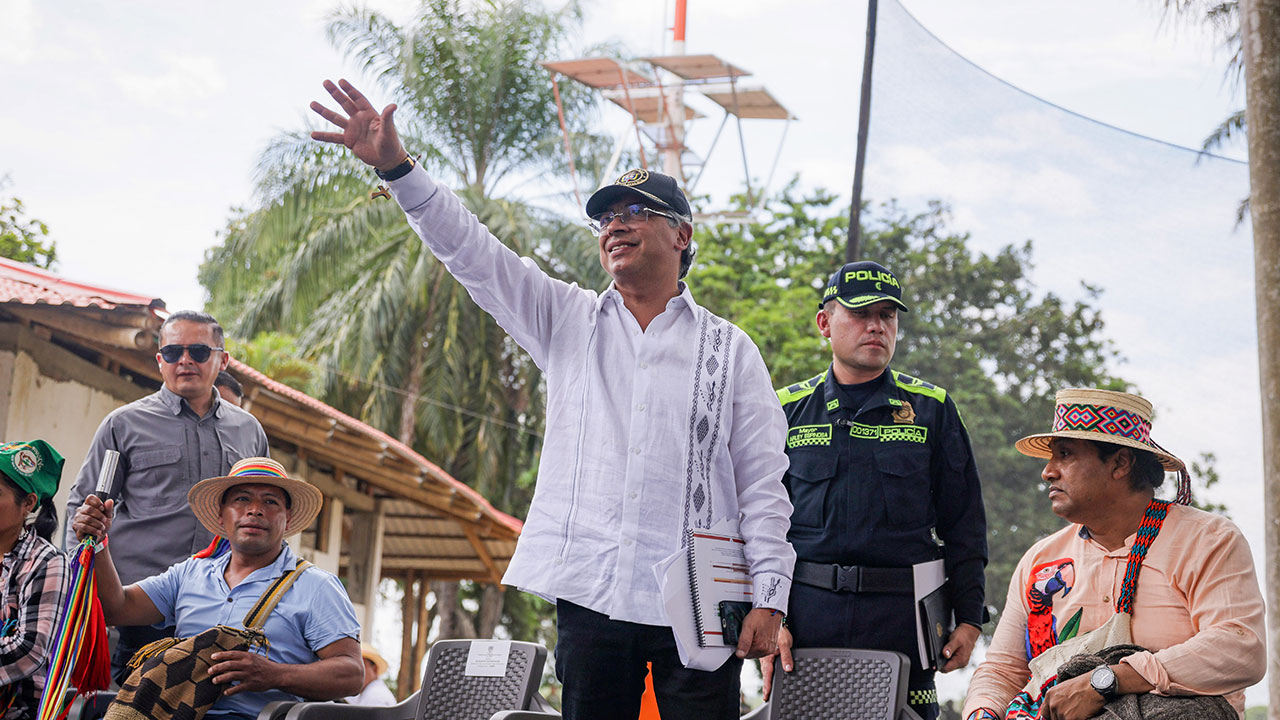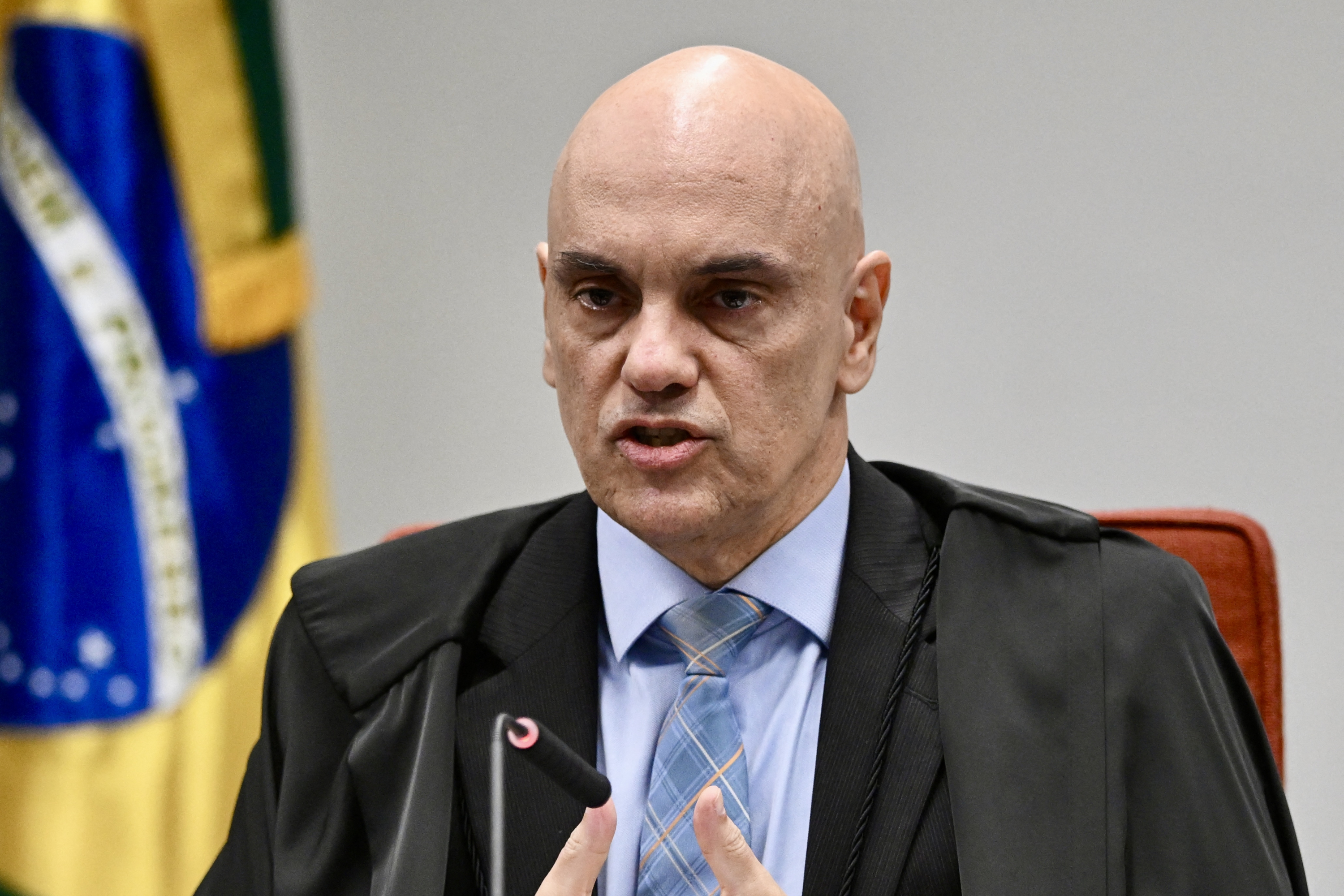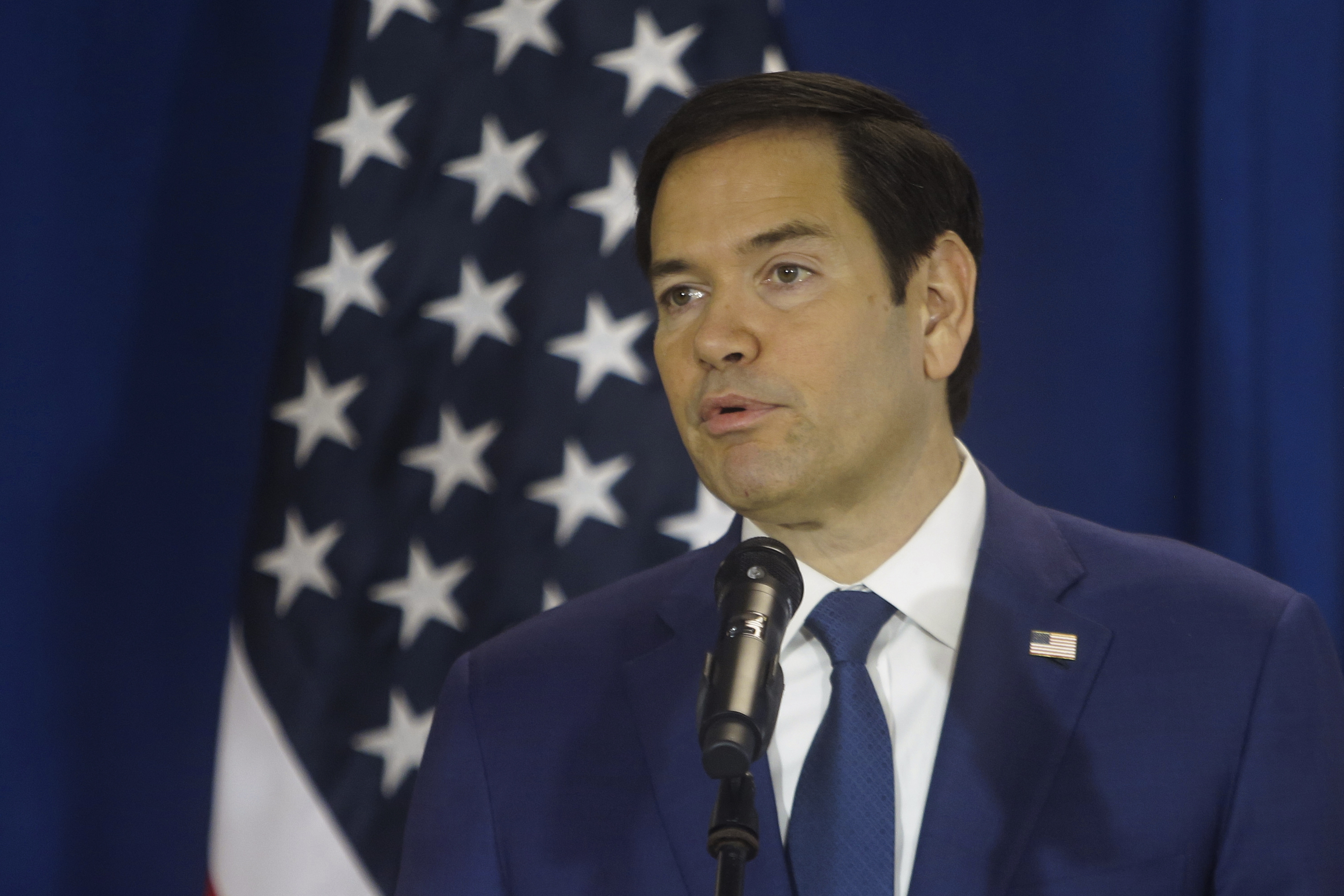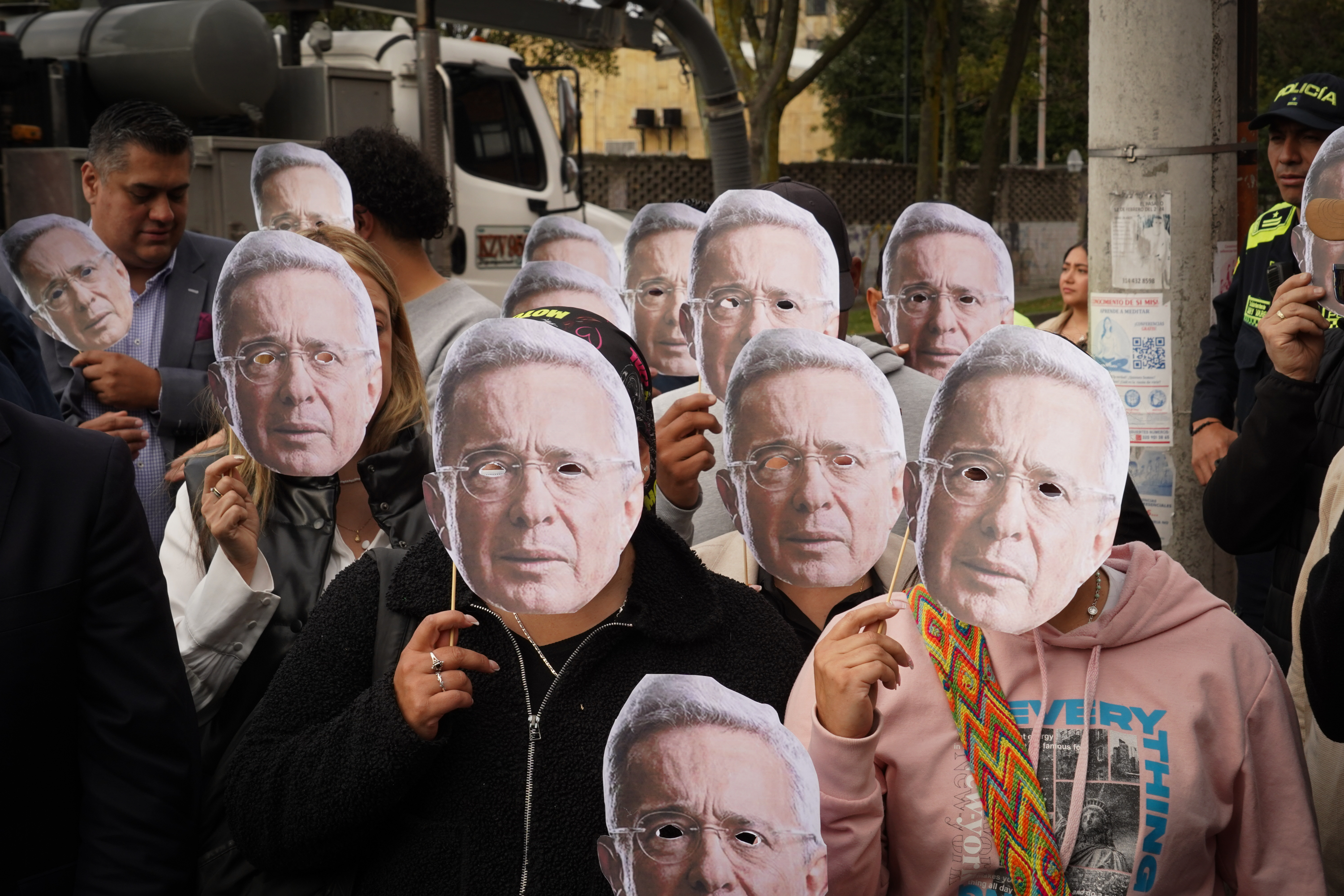Gustavo Petro criticizes US sanctions against the judge presiding over the Jair Bolsonaro trial: "They violate the American Convention on Human Rights."

President Gustavo Petro spoke out Wednesday against the sanctions imposed by the United States against Brazilian Supreme Court Justice Alexandre de Moraes , who is in charge of the trial of former President Jair Bolsonaro .
According to the president, these sanctions "violate the American Convention on Human Rights." In this regard, he proposed that "women jurists in Latin America" draft a complaint.

President Gustavo Petro Photo: Presidency
" The sanctions imposed on Judge Alexandre de Moraes violate the American Convention on Human Rights. I invite the best jurists in Latin America to draft the corresponding complaint," he wrote in X.
He added: "The United States, Colombia, and most of the nations of the Americas have committed to signing the American Convention on Human Rights. Does the U.S. government want to unilaterally violate it?"

Alexandre de Moraes. Photo: AFP
The United States has imposed economic sanctions on Brazilian Supreme Court Judge Alexandre de Moraes, who is presiding over the trial of former President Jair Bolsonaro, for "authorizing arbitrary detentions" and "suppressing freedom of expression," the Treasury Department announced Wednesday. The measure was criticized by the Brazilian government.
The decision comes after the escalating crisis between US President Donald Trump and the Brazilian government and judiciary. In fact, the Republican president threatened to impose 50% tariffs on Brazil, citing a supposed "witch hunt" against Bolsonaro, a figure close to Trump himself.
The sanctions are imposed under a U.S. law known as Global Magnitsky , which punishes those who have committed or are linked to human rights violations or corruption around the world.
Tensions between Bogotá and Washington over Álvaro Uribe Vélez's conviction 
U.S. Secretary of State Marco Rubio Photo: EFE
President Petro's questions add fuel to the fire in a relationship that became strained again after the conviction of former President Álvaro Uribe Vélez .
Both the Colombian president and his acting foreign minister, Rosa Villavicencio, rejected the statements made by Secretary of State Marco Rubio, who backed Uribe, calling the trial an "instrumentalization of the Colombian judiciary."
“ Any mention to the contrary by foreign authorities is nothing but an insult that we do not allow ,” Petro responded immediately.

Supporters of former President Uribe. Photo: MAURICIO MORENO
Later, the Colombian embassy in Washington, led by Daniel García-Peña, reacted with a statement explaining that the ruling in the judicial process involving Uribe Vélez is being carried out under an independent judicial process, with full separation of powers and all guarantees of appeal.
“The case under trial stems from proceedings initiated in 2012 before the Supreme Court of Justice, the body constitutionally mandated to investigate elected officials. In 2020, following an arrest warrant issued by the Supreme Court, Mr. Uribe resigned from the Senate, prompting the case to be transferred from the Supreme Court to the regular justice system. Mr. Uribe was formally charged in 2023, and his trial began in February 2024,” the diplomatic mission explained.
Although a second instance is pending, the fact that the United States is not satisfied with the judgment is not a minor issue. A similar stance was used by the White House to announce concrete trade pressure actions against Brazil following the legal proceedings against Jair Bolsonaro, threatening to impose an additional 50 percent tariff on imports of Brazilian products in retaliation.
Juan Pablo Penagos Ramirez
eltiempo





